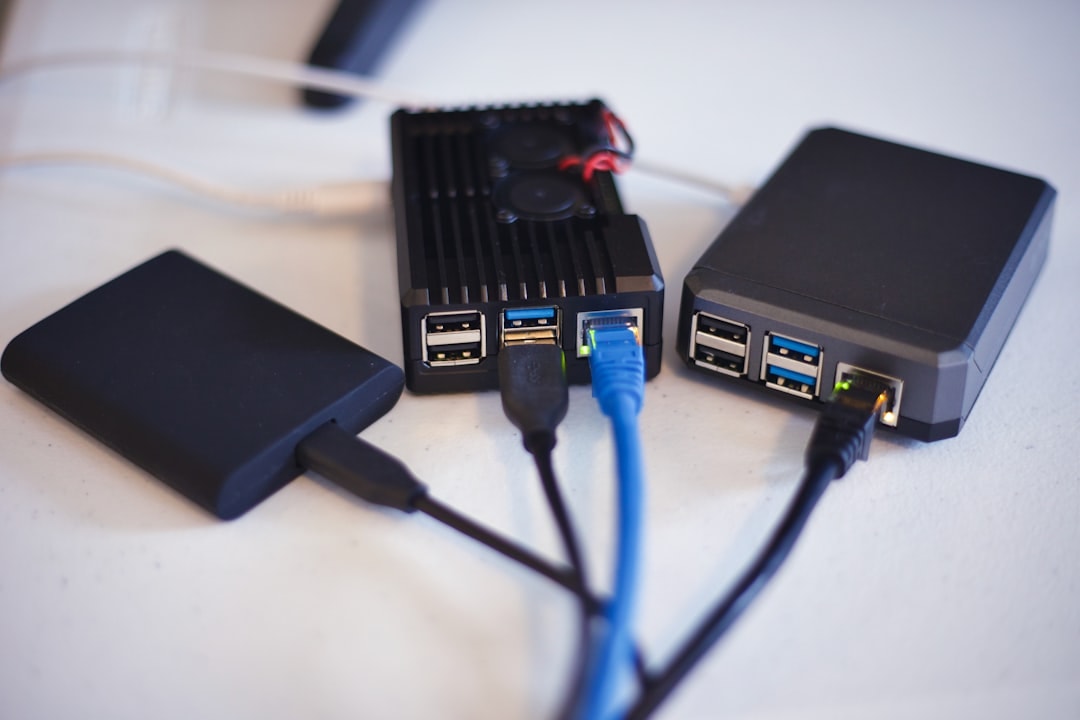In an increasingly digital world, maintaining privacy and anonymity online has become a top priority for both individuals and organizations. While Virtual Private Networks (VPNs) are widely used, anonymous proxy services provide another way to mask your identity online. They offer a layer of protection by acting as intermediaries between the user and the internet, preventing websites from identifying and tracking the original IP address. However, not all proxy services are equal in terms of security, reliability, and privacy. Here’s what to look for when choosing an anonymous proxy service.
1. Logging Policy
One of the first things to examine is the proxy service’s logging policy. The purpose of using an anonymous proxy is to avoid tracking, but if the service itself keeps detailed records of your online activities, your anonymity is compromised.
Look for:
- A strict No-Logs Policy that clearly states the provider does not record your IP address, browsing history, or connection timestamps.
- Transparency reports or third-party audits confirming their commitment to privacy.
2. Encryption Standards
Not all proxy services encrypt your data. Without encryption, your traffic can be intercepted by malicious actors or even your Internet Service Provider (ISP). Encryption ensures that even if data is intercepted, it cannot be easily read or exploited.
Ensure the service offers:
- SSL or TLS encryption for secure web browsing.
- Additional layers of security for sensitive applications, such as email communication and financial transactions.

3. Number and Diversity of Servers
The number and geographic diversity of proxy servers directly affect both performance and anonymity. More servers mean you’re less likely to face service interruptions or bandwidth limitations. A wide range of countries also makes it easier to bypass geographical restrictions on content.
Important considerations include:
- Server availability in multiple countries and cities.
- Low latency and high speed for uninterrupted usage.
- Ability to rotate IP addresses regularly for added anonymity.
4. Compatibility Across Devices and Platforms
Your anonymous proxy should be versatile enough to work across different operating systems and devices. Whether you’re on Windows, macOS, Linux, Android, or iOS, the service should offer easy integration and setup options.
Ideally, the proxy should be configurable on:
- Web browsers like Chrome, Firefox, and Safari.
- Mobile apps and desktop clients.
- Routers for whole-home anonymity.
5. Customer Support and Reliability
Despite being a behind-the-scenes service, it’s crucial that your proxy provider offers strong customer support. You’ll want to know that questions are answered quickly and problems are resolved efficiently, especially if anonymity is business-critical.
Look for services that offer:
- 24/7 customer support via live chat or phone.
- Detailed FAQs and troubleshooting guides.
- Service Level Agreements (SLAs) for enterprise users.
6. Cost vs Features
While free proxy services are available, they often come with limitations, including fewer servers, slower speeds, and lax data policies. Premium services tend to offer higher reliability and stronger privacy guarantees.
When evaluating pricing:
- Compare features between free vs paid plans.
- Look for trial periods or money-back guarantees.
- Evaluate long-term subscription discounts.

7. Reputation and Reviews
Finally, the reputation of the proxy provider is an essential factor. Look for independent reviews and user testimonials. Reputable services are often reviewed by tech websites and forums, making it easier to assess their reliability and security practices.
Best practices for your research:
- Read multiple sources to get a balanced perspective.
- Check for any history of data breaches or security flaws.
- Ensure the provider is transparent about changes in policy or ownership.
Conclusion
Choosing the right anonymous proxy service can significantly enhance your online privacy and security. By carefully considering factors like logging policies, encryption standards, server availability, and customer support, you can ensure maximum protection against surveillance and tracking.
In an age where digital footprints can be exploited, taking control with a trustworthy anonymous proxy is no longer optional—it’s essential.

